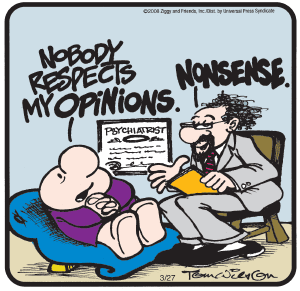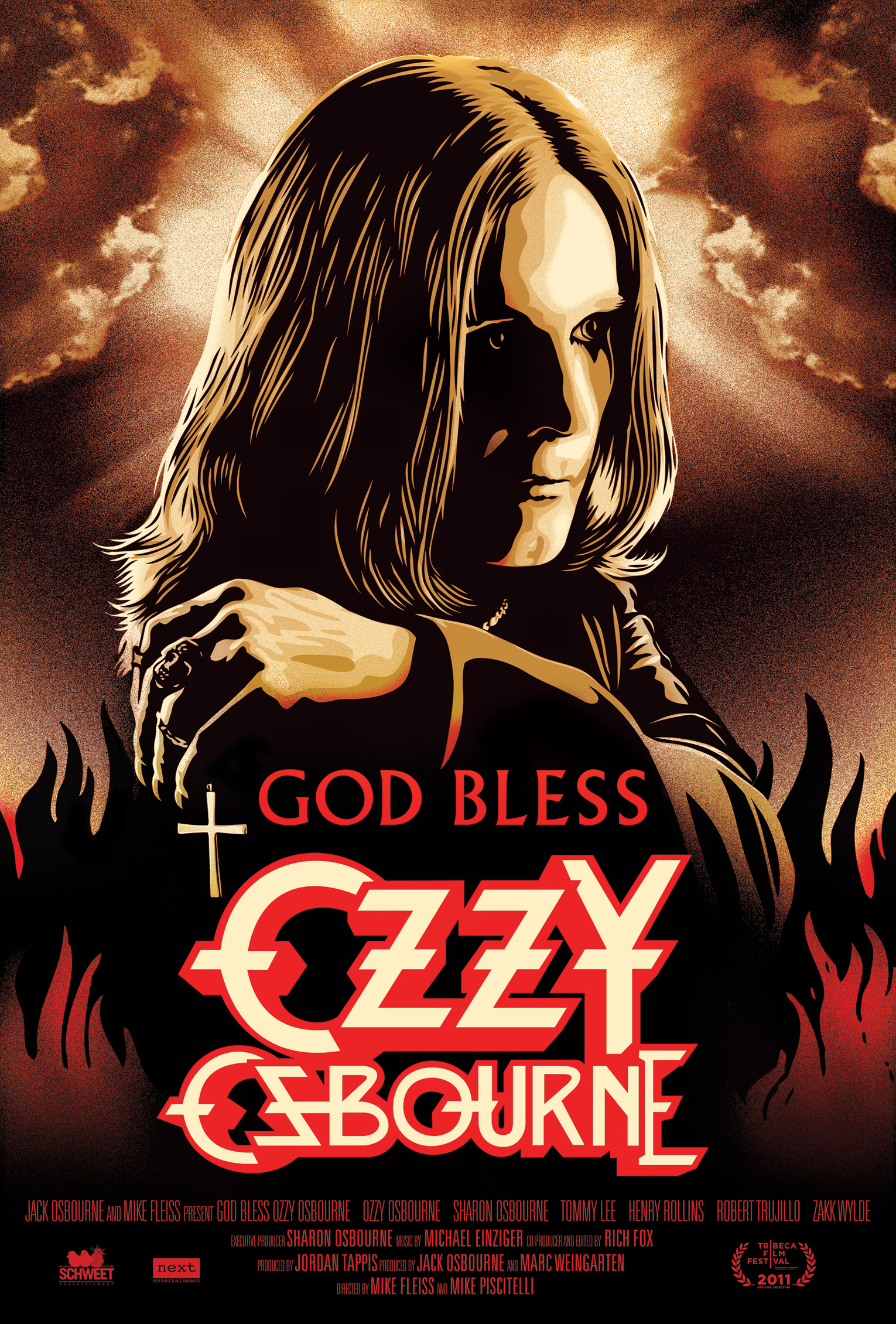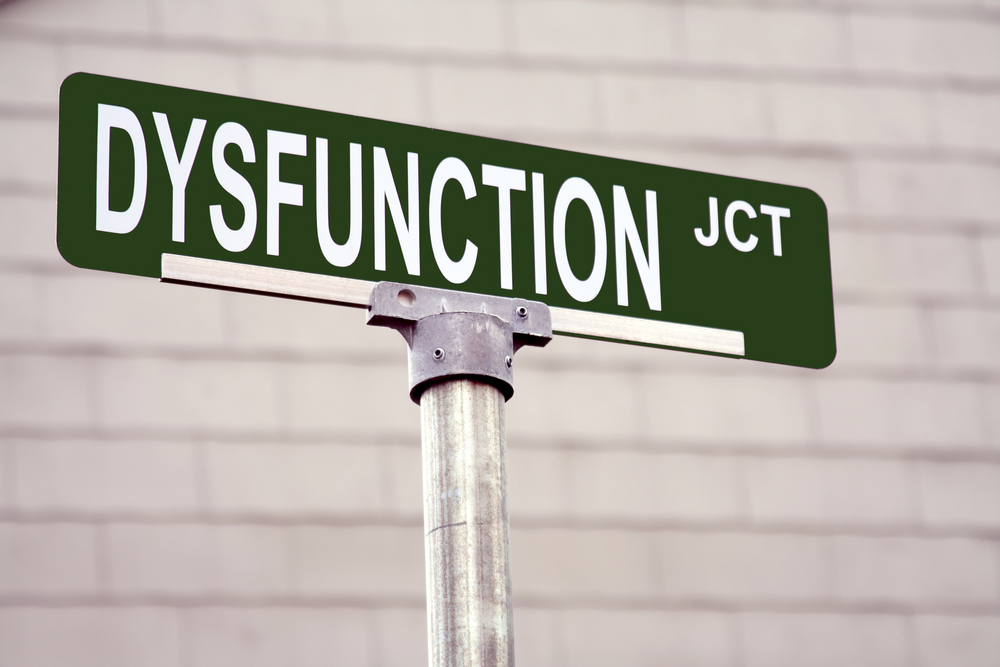An article in The Atlantic called “5 Very Specific Ways to Fix Your OCD” blows it from the start — in the headline.
OCD sufferers know damn well that you can’t fix OCD. You can only learn to manage it and make it less of a disrupting force in your life.
Mood music:
[spotify:track:74gJqWYjsfTyG4tSjhkoh7]
Knowing that as I do, I’m dissapointed that the writer would give OCD sufferers false hope, followed by five pieces of advice that are not totally unhelpful, but also not very realistic.
I still write some clunkers with the best of ’em. All writers do, especially when you produce articles daily. But here, I think the author was mislead by Concordia University psychologist Adam Radomsky, who spelled out the five strategies.
What follows are portions of the article in italics and my responses in plain text.
Re-examine your responsibility. Many of the symptoms of OCD can be caused and/or exacerbated by increases in perceived responsibility. The more responsible you feel, the more you are likely to check, wash, and/or think your thoughts are especially important. Ask yourself how responsible you feel for the parts of your life associated with your OCD, then take a step back from the problem and write down all of the possible other causes. For example, someone who would likely check their appliances repeatedly might feel completely responsible to protect their family from a fire. If this person adopted a broader perspective, they would realize that other family members, neighbors, the weather, the electrician who installed the wiring in the home, the company that built the appliances, and others should actually share in the responsibility.
Radomsky misses the point — OCD sufferers usually know the reality of these situations. But our minds spin with worry anyway. Like the addict who knows he-she will eventually die from their bad habits but can’t help but continue with them anyway, the OCD sufferer knows that he-she shares responsibilities with others, but can’t help but take on all the problems of the world anyway. The brain is constantly in motion, taking small concerns and sculpting them into huge, paralyzing worries.
Repetitions make you less sure about what you’ve done. This is bizarre because we usually check and/or ask questions repeatedly to be more confident of what we’ve done. OCD researchers in the Netherlands and Canada, however, have found that when repetition increases, this usually backfires and may lead to very dramatic declines in our confidence in our memory. To fix this, try conducting an experiment. On one day, force yourself to restrict your repetition to just one time. Later that day, on a scale of 0-10, rate how confident you are in your memory of what you’ve done. The next day, repeat the same behavior but rate it a few more times throughout the day. Most people who try this experiment find later that their urges to engage in compulsive behavior decline because they learn that the more they repeat something, the less sure they become.
I appreciate what he’s trying to do here with the role-playing game, and it can be helpful to try tracking how much you repeat an action and what it does to your memory.
But he again misses the crucial point: We OCD sufferers already know these repeated actions fuck with the memory of what we have or haven’t done. One of my OCD habits has always been going over the checklist for what I need to do before leaving for work the next morning. Clothes laid out? Check. Coffee maker programmed? Check. Lunch made and in the fridge? Check. Laptop bag stuffed with all the necessary work tools? Check. Then, even though I know full well what I’ve just done, I run through that same check list over and over. I’m not as bad as I was before treatment, but it’s still in me.
Treat your thoughts as just that — thoughts. Intrusive thoughts are normal, but they become obsessions when people give them too much importance … Spend a week making this distinction between your OCD thoughts (noise) and thoughts associated with things you are actually doing or would like to be doing (signal). See what happens.
I’ll tell you what happens: Your thoughts continue to run wild despite the exercise. Not that you shouldn’t try it. For a few people, it may help. But one of the very first things we learn is that we are not our thoughts; that thoughts and reality are not the same thing. But this is like the responsibility example above. We keep thinking because we can’t help it.
Practice strategic disclosure. People with OCD fear that if or when they disclose their unwanted intrusive thoughts or compulsions, other people will judge them as harshly as they judge themselves. This sadly often leaves the individual suffering alone without knowing that more than nine in 10 people regularly experience unwanted, upsetting thoughts, images, and impulses related to OCD themes as well. Consider letting someone in your life who has been supportive during difficult times know about the thoughts and actions you’ve been struggling with. Let them know how upset you are with these and how they’re inconsistent with what you want in life. You might be pleasantly surprised by their response. If not, give it one more try with someone else. We’ve found that it never takes more than two tries.
This piece of advice is sound, but gets buried beneath the unhelpful material.
Observe your behavior and how it lines up with your character. Most people struggling with OCD either view themselves as mad, bad and/or dangerous or they fear that they will become such, so they often go to great lengths to prevent bad things from happening to themselves or to their loved ones. But ask yourself how an observer might judge your values based on your actions. If you spend hours each day trying to protect the people you love, are you really a bad person? If you exert incredible amounts of time and effort to show how much you care, how faithful you are, how you just want others to be safe and happy, maybe you’re not so bad or dangerous after all. And as for being crazy, there’s nothing senseless about OCD. People sometimes fail to understand how rational and logical obsessions and compulsions can be. Remember, your values and behavior are the best reflection of who you are, not those pesky unwanted noisy thoughts.
This too is sound advice. But it leaves out something incredibly important: You can’t review your character and reconcile it with your OCD habits in this simple step he lays out. It takes years of intense therapy — and for some, like me, the added help of medication — to peel away the layers and get at the root of your obsessions.
You can learn to manage OCD and live a good life. But it’s a lot of hard, frustrating work. And that work is ALWAYS there, until the day you die.
Know that before you dive into the search for simple solutions. If it looks simple, it’s probably too good to be true.







